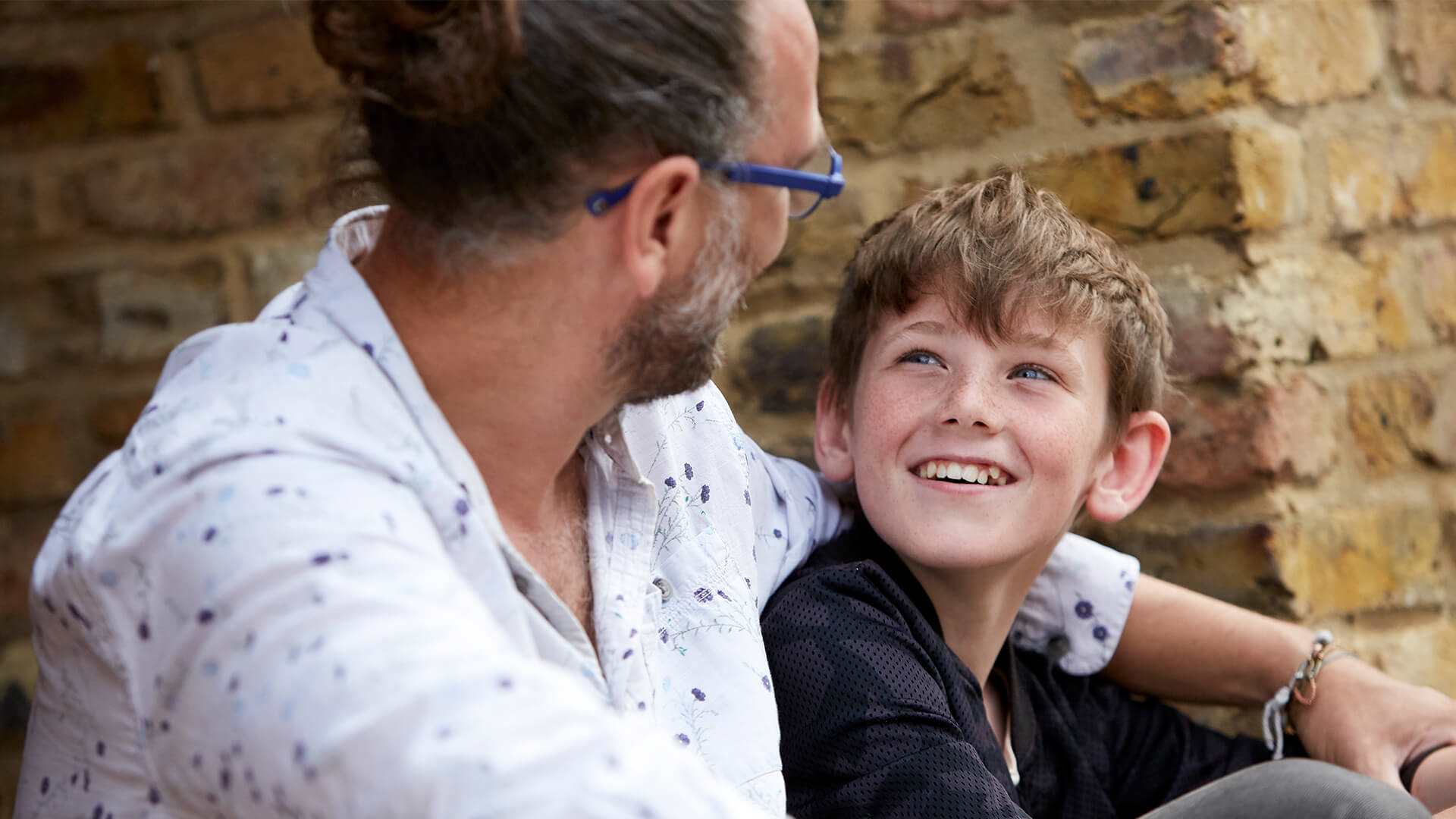
What is self-esteem?
Self-esteem is how a person feels about themselves. Most children will have dips in self-esteem as they go through different stages or challenges in life, and there are different pressures that may affect them - including social media, bullying, exams, family problems and abuse.
Things like starting a new school, moving house or going through changes in the family can also affect a child’s confidence - but with support from parents and other adults they can usually get through this.
Children and young people with high self-esteem often:
- have a positive image of themselves
- are confident
- can make friends easily and are not anxious with new people
- can play in groups or on their own
- will try and solve problems on their own, but will ask for help if they need to
- can be proud of their achievements
- can admit mistakes and learn from them
- will try new things and adapt to change
Children and young people with low self-esteem often:
- have a negative image of themselves - they might feel bad, ugly, unlikeable or stupid
- lack confidence
- find it hard to make and keep friendships, and may feel victimised by others
- feel lonely and isolated
- tend to avoid new things and find change hard
- can't deal well with failure.
- tend to put themselves down and might say things like "I’m stupid" or "I can't do that"
- are not proud of what they achieve and always think they could have done better.
- are constantly comparing themselves to their peers in a negative way
How can I help my child with their self-esteem?
Show your child lots of love and be positive about them as a person – tell them what makes them special to you.
Children can miss out on lots if they don't try because they are too worried about not ‘succeeding’. Reassure them it's okay to make mistakes and that it's all part of life. Let them know that getting it wrong is not the end of the world - it happens to everyone and it's how we learn.
Phrases like "Well done, that was hard, and you managed it," are good. Make the steps small at first, then increase the challenges.
Let them know that it’s okay when people disagree - and we all see things differently.
Try to model being kind to yourself when things don't go the way you wanted them to - and show them that you can have a positive attitude when faced with challenges.
You could ask them to tell you about three good things that went well during their day.
For example, you could encourage them to say, "I'm upset because..." or "I feel happy when...".
When they criticise themselves or their abilities, gently challenge them by letting them know how you see them.
It could help to join a club, group or activity. Finding something they are good at, and realising that they can do new things, can provide a huge boost to their feelings of self-worth.
You could also encourage them to express themselves creatively - for example through art, drama or music. Or, they might like to get involved with a voluntary or community project that makes a difference in the world, which could help them to develop a more positive opinion of themselves.
You can find lots of activity ideas here.
If you'd like more information and advice, download our full guide to self-esteem.
Finding professional help
If you are worried your child’s low self-esteem is affecting their day-to-day life, relationships or ability to learn and develop, it is worth seeking professional help.
Speaking to your GP and your child's school, and considering whether counselling or therapy might help, are good places to start.
Among other things, your child's school may be able to:
- link your child with a peer buddy or mentor
- find a way for them to feel more part of the school community, for example by joining a club
- think of ways they can structure break-times if they are finding them difficult
- offer them a new role or responsibility, such as library or book-corner monitor, or learning mentor
You can find out more about speaking to GPs, getting help from your child's school, finding a counsellor or therapist and finding local services on our guide to getting help.
Where to get further support
Useful helplines and websites
-
The Mix
Offers support to anyone under 25 about anything that’s troubling them.
Email support available via their online contact form.
Free 1-2-1 webchat service available.
Free short-term counselling service available.
- Opening times:
- 3pm - 12am, seven days a week
-
Childline
If you’re under 19 you can confidentially call, chat online or email about any problem big or small.
Sign up for a free Childline locker (real name or email address not needed) to use their free 1-2-1 counsellor chat and email support service.
Can provide a BSL interpreter if you are deaf or hearing-impaired.
Hosts online message boards where you can share your experiences, have fun and get support from other young people in similar situations.
- Opening times:
- 24/7
-
Youth Access
Provides information about local counselling and advice services for young people aged 12-25.
You can find local services on their website.